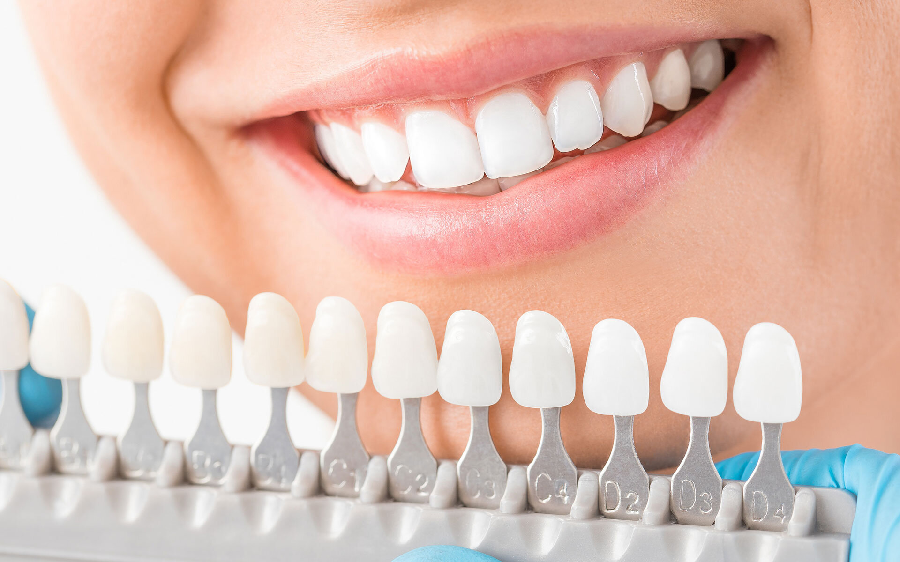A dental implant is literally a new object that will reside within your mouth for years to come. The best way to secure longevity is to take a few precautionary steps during the habituation period. It is also vital to allow your body to adapt to the implant and let it settle in properly. For this reason alone, you need to take into consideration a few things like the type of food you eat during the healing, how you brush your teeth, and what sort of brush you use. It might sound scary, but Temecula Dental Implants guided me through the process of healing and showed me the type of behavior I need to adopt until the implant fully settles. Here’s what you need to do to provide a safe and comfortable healing period:
Don’t Touch Them
It is normal to feel discomfort, swelling, or pain when you add an implant initially. As I already said, you are inserting a strange object into your body or mouth, to be more precise. It is normal for your organism to react in a certain way, it might be irritating, but it is crucial to avoid any unnecessary contact during that time. After surgery, your mouth becomes even more sensitive. The area around your implant might swell or even bleed, but you should keep in mind that this is normal, so don’t interfere with that side of your mouth to ensure the healing process is not interrupted. In order to reduce pain and swelling, ice and painkillers are the best solutions. You can use a bag of frozen peas to ease the pain, which can also help with the swelling. Take your painkillers before the numbness wears off entirely for a more comfortable recovery.
Brush And Floss Regularly
Brushing and flossing regularly is essential for oral hygiene and your mouth’s health. Still, until the area around the implant is fully healed and stable, you should avoid brushing or flossing. As I said in the previous paragraph, avoiding contact around the sensitive area is necessary to allow the implant to nest properly.
Wait a few days, and let your oral hygiene rest only on mouthwash, and when you are sure the swelling has passed and there’s no more bleeding or pain, you can slowly reintroduce brush and floss into your daily cleaning routine. It is best to talk to your dentist first to give you the best advice for your specific case.
Avoid Abrasive Products
Use a softer brush specifically for dental implant patients to clean hard-to-reach areas. Be sure the bristles are soft enough to clean your implant properly. For best results, you should brush for at least five minutes.
When you have dental implants, you will want to use as many sensitive cleaning products as possible, regardless of the toothpaste or mouthwash you use. Using abrasive products can be very uncomfortable, so you must be careful. In addition, avoid products with intense flavors, such as mint or cinnamon, as these may irritate your mouth.
Regular Check-Ups
Regular dental visits are essential, or at least twice a year, but preferably more frequently if you have dental problems. Your oral health and dental implant can benefit from regular dental examinations. Dental implants, if appropriately maintained, should last a lifetime. There is no time like the present to begin proper dental care. Make an appointment with your dentist, and let them explain how to maintain your dental implants. It is essential to take good care of your implants, so they remain intact for years to come, and the more effort you put in, the better the outcome.

